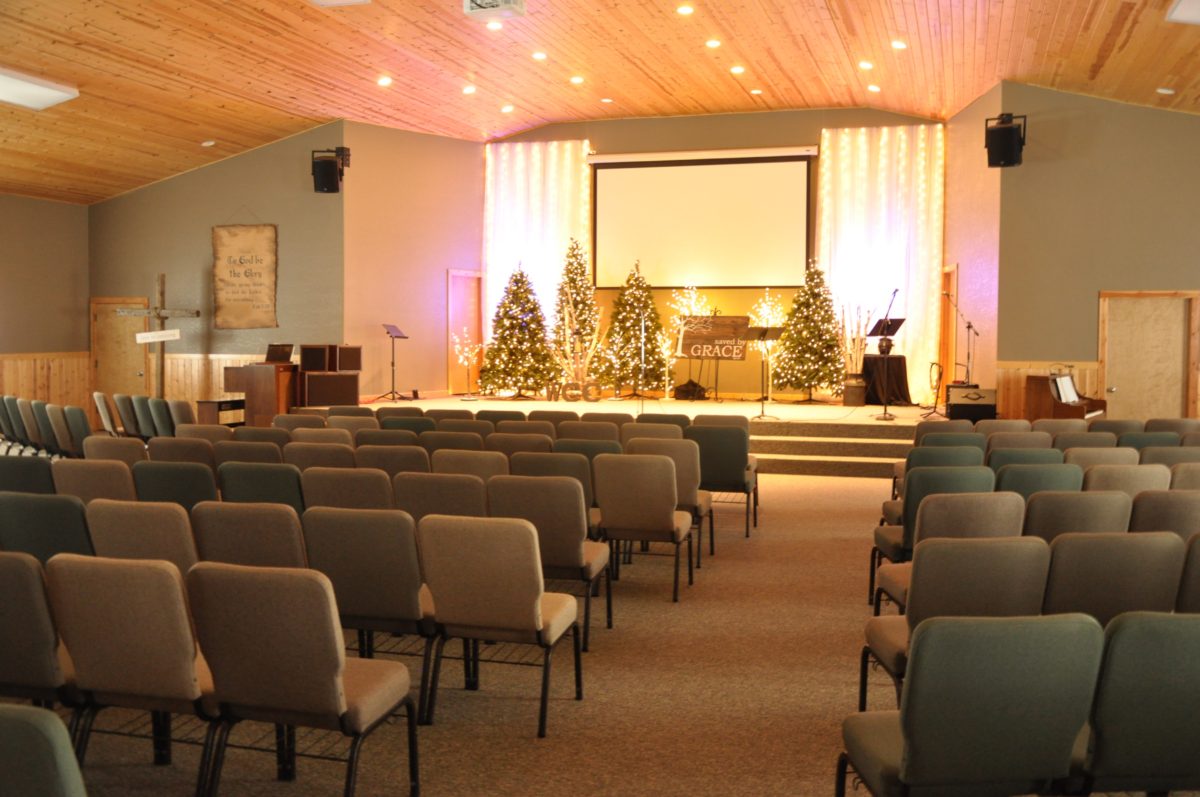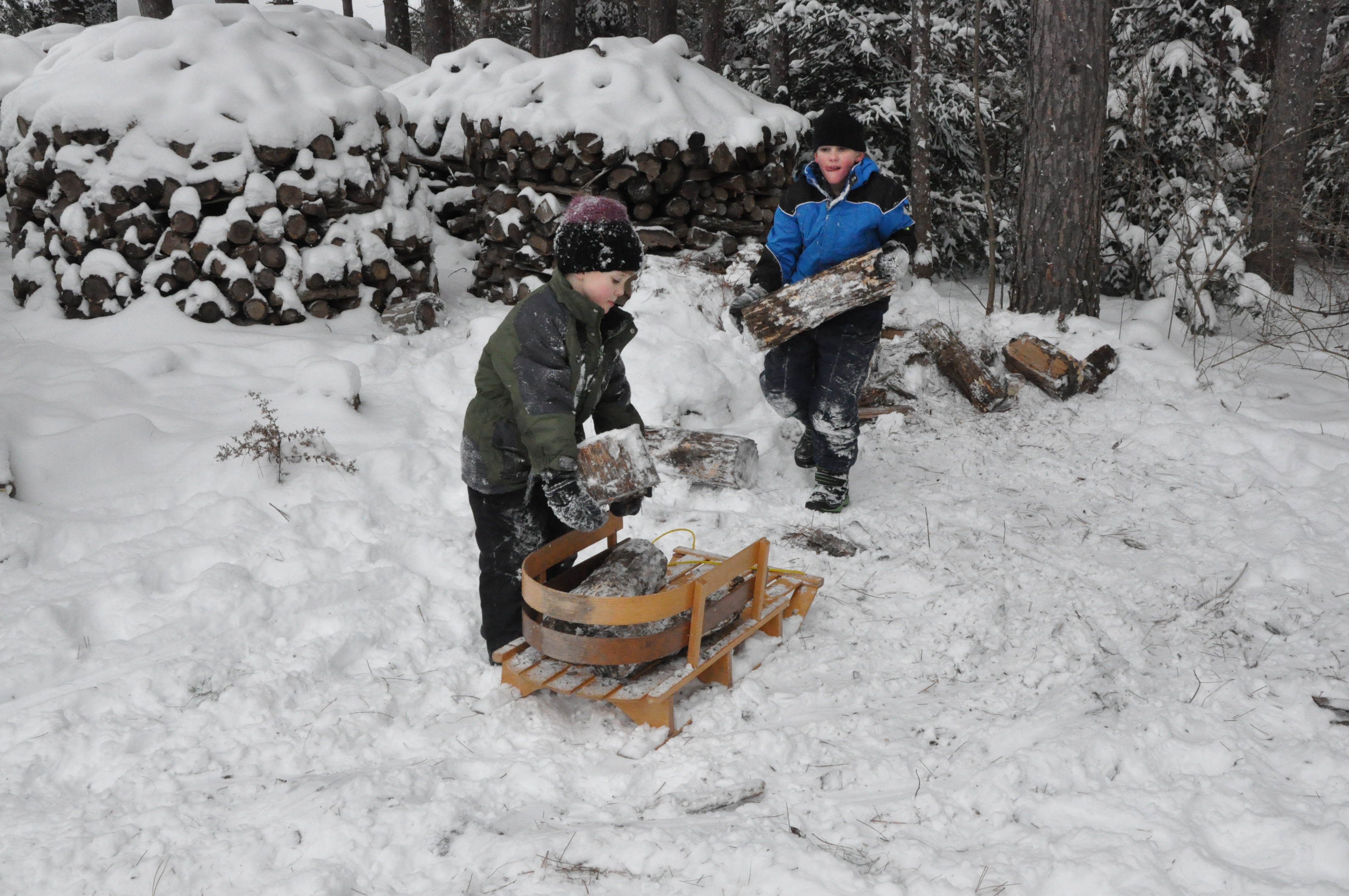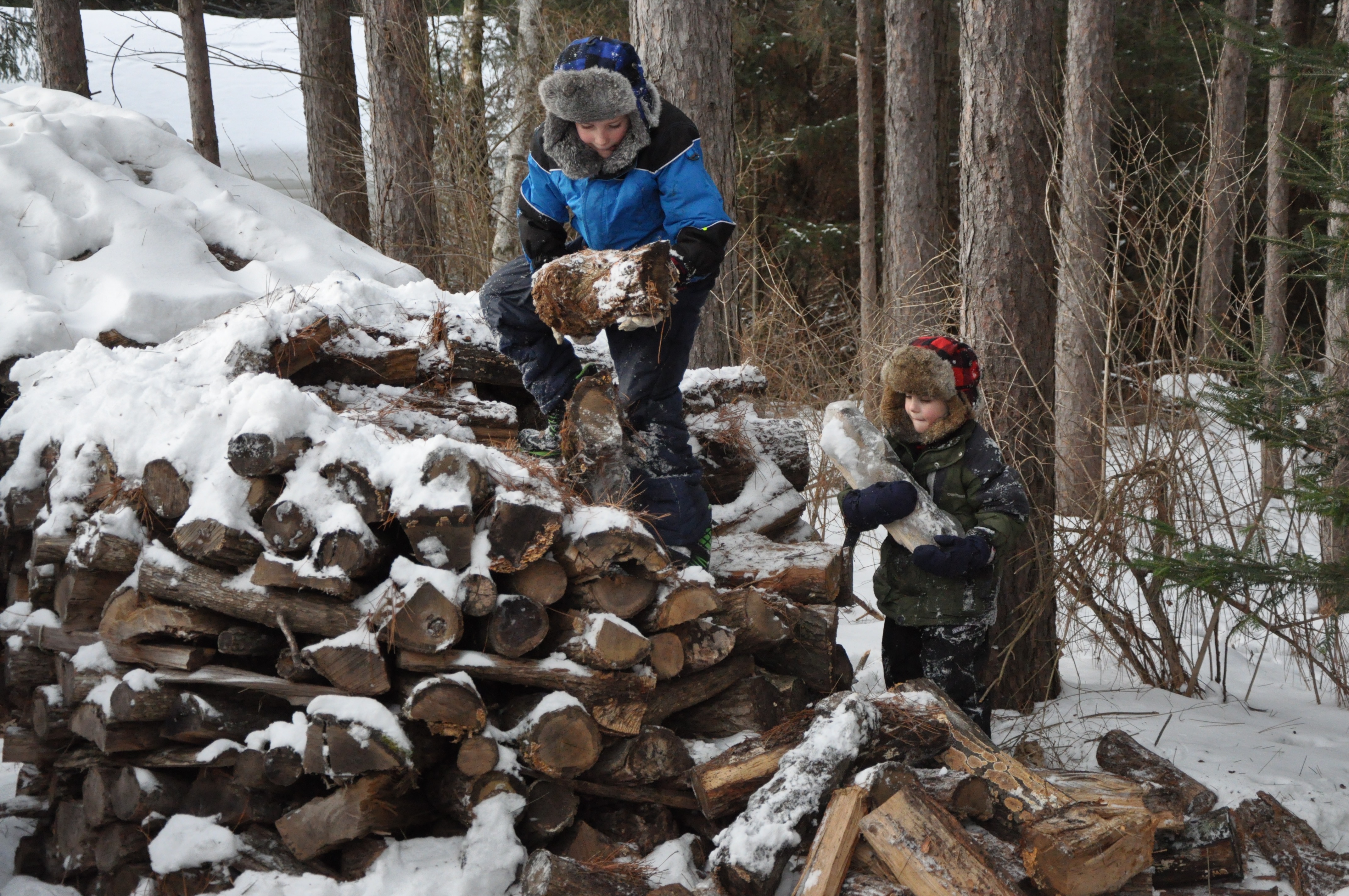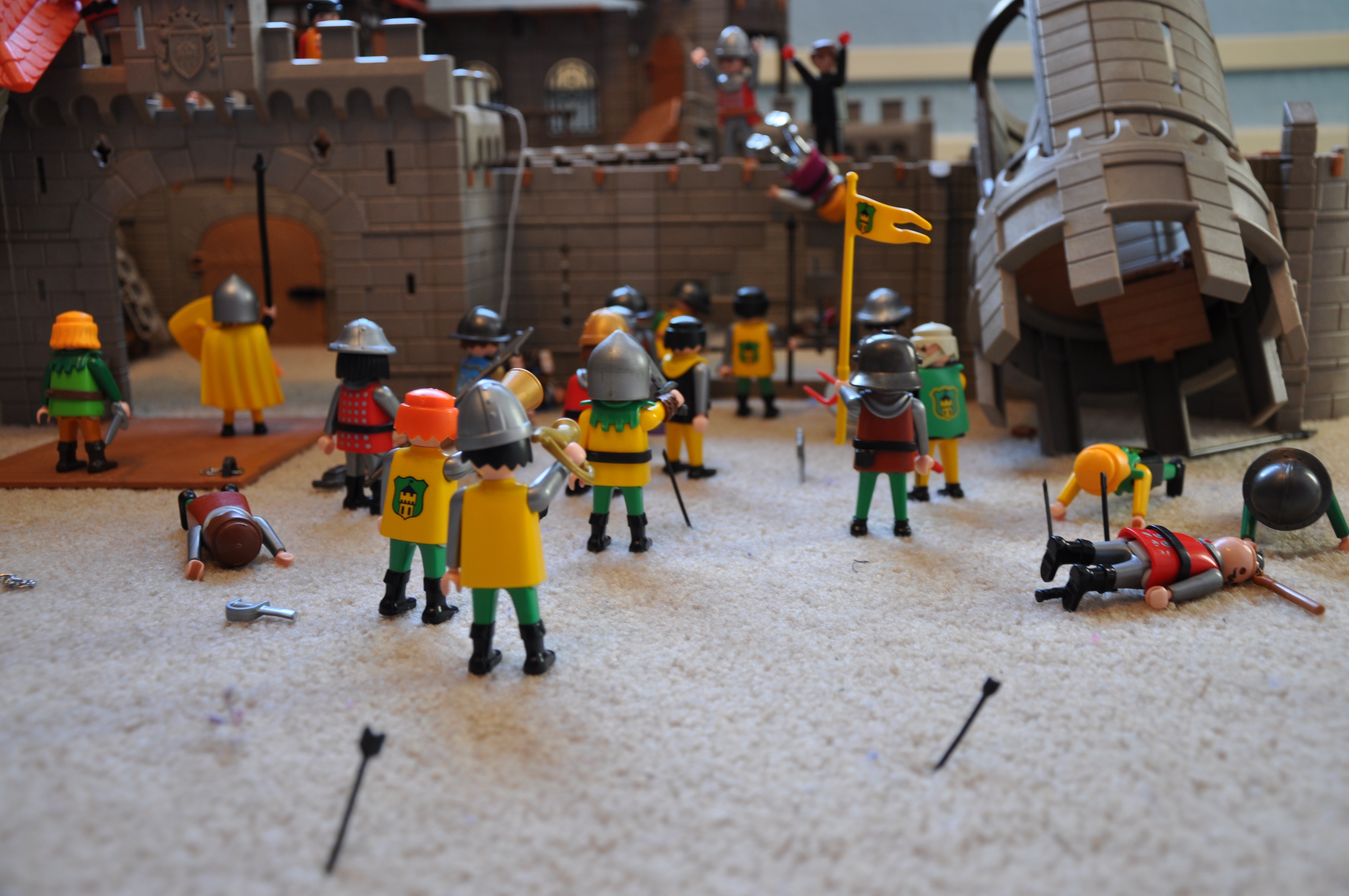Why is your church building a special place? Is it attractive? … paid for? … built, project by precious project, by your church family? Go ahead, boast (in Christ!) about these things. They’re all good.
But, if we think big-picture, your church facility takes on greater meaning when we understand that it is a sanctuary—a meeting place set apart for God’s special purposes.
The place where the Old Testament worshipper went to find the grace and favor of the LORD was the Temple, the special set-apart place for meeting with God. In Psalm 84, we encounter a Hebrew pilgrim making his way up to Zion and the sanctuary of the LORD. In his ascent, we gather truths known to all God’s worshippers, no matter their place in the redemptive story:
Joyful and satisfied believers long to be in the sanctuary of the LORD. How lovely is your dwelling place … (ESV, verse 1). That is, the particular place where God dwells—not because it’s attractive, but because God is there! O LORD of hosts. That is “of armies,” as in, all the powers of heaven and earth . Take the two ideas together and you have the great, omnipresent (everywhere) God localizing his presence to a particular place to meet with man. Blessed are those who dwell in your house (verse 4), even, apparently, the birds who make their homes in the rafters of the Temple (verse 3). If birds are blessed, how much greater the man who gets to live there in God’s presence.
And then, I ask, at this point in my reading: Do desire to meet with God like this? Is there a sense in my Tuesdays mornings and Thursdays evenings that I’m building toward a meeting with the presence of God Himself? When I leave my place of worship, do I sense that I’m being launched into my week to live out the truths of God’s Word, learned in the midst of His people?
Joyful and satisfied believers prepare to be in the sanctuary of the LORD. Here, our pilgrim departs. Blessed are those … in whose heart are the highways to Zion (verse 5). Strength will be found in God for the way, until they should appear before Him. They go from strength to strength; each one appears before God in Zion (verse 7).
And, I ask: What margins do I build into my week, that I might appear before God in worship, and in my right mind? Do my wife and I forgo the feature length movie on Saturday night that would put us to bed after midnight; instead, maybe, choosing the 45 minute episode that would have us turn in at 10:00? Or, would a melatonin and an earlier bedtime be still better?
Joyful and satisfied believers lift up their king in the sanctuary of the LORD. The pilgrim enters the holy city and prays, apparently, for his Davidic king. So we take the image of the “shield” (verse 9), set parallel to the “anointed” whose face the LORD will consider.
And, I ask: How am I to relate to a king, our last American King being George III, long deposed, and Presidents Obama and Trump hardly being Davidic Kings … Ah, but I notice, we do have a Davidic King! … the once and forever King whose lifted-high praise is, in the end, the main goal of my gathering with others in my own sanctuary.
Then, finally, joyful and satisfied believers find grace and favor in the sanctuary of the LORD. The pilgrim enters the courts of God, and finds grace and favor. For a day in your courts is better than a thousand elsewhere (verse 10). Better to take low position at the threshold of God’s presence, than dwell in intimacy with those who don’t know God. For God, like a “sun” shines grace on His people, and like a “shield” protects them and gives them glory. O LORD, “of armies” blessed is the one who trust in you! Joy and satisfaction belong no longer only to those dwelling in the sanctuary, but to all who enter in by trust.
And, I ask again, now from my place in God’s redemption story, viewing Psalm 84 through the work of Jesus on the cross: Why is my own church building a special place?
And, I remember, the Temple has passed away. In speaking of a new covenant, he makes the first one obsolete. And what is becoming obsolete and growing old is ready to vanish away (Heb 8.13). And, I remember further, Jesus is the temple through whose sacrificed body we now approach God. Destroy this temple, and in three days I will raise it up … he was speaking about the temple of his body (Jn 2.19 … 21). And, then I ponder how, when I trusted Christ, I entered his church, described (among other pictures) as God’s temple. Do you not know that you are God’s temple and that God’s Spirit dwells in you (1 Cor 3.16).
And then I get it, the reason why my church meeting place is so special. The place where the joyful, satisfied follower of Christ finds the grace and favor of the LORD is in the midst of God’s people.
So, tomorrow I enter our church building. We’ll lift high Jesus and learn from his Word. That meeting is worth longing for and preparing for, because there, through God’s people, we’ll know God’s grace and favor.
And that will make our sanctuary (beautiful and paid for, as it is) a very special place.
Find a friend or somebody you’re accountable to and ask and answer a few questions:
In the flow of your week, how do you think of Sunday morning?
How do you prepare for worship each week? What margins do you put in place that help you separate out Sunday morning as different than any other time of the week?
Do you ever think of Jesus as your king? How does this distinction add to what you understand yourself to be doing when you gather with your church family for worship?
In what ways does God meet with you to show you grace and favor when you gather with His people for worship?
How does Psalm 84 change the way you will worship God next time you enter your church facility?










